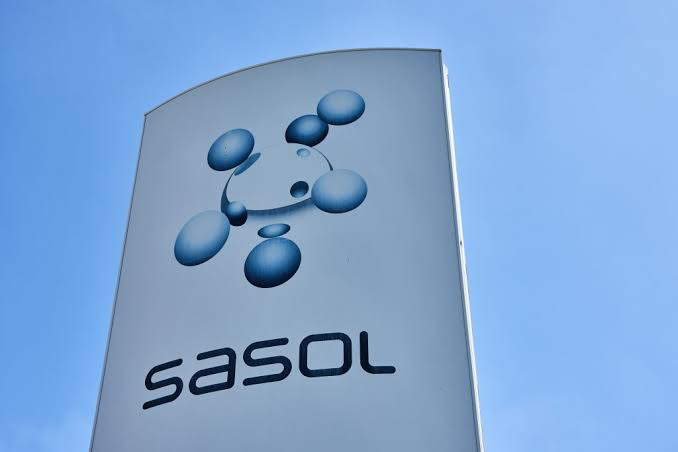Sasol, a global petrochemical giant, has reported notable improvements across its energy segments for the 2024 financial year, which ended on June 30. Despite these gains, the company continues to face volatility in the market. The mining sector of Sasol saw a 3% year-on-year increase in productivity. This translated to 983 tons per continuous miner per shift, up from last year’s 951 tons. However, saleable production in the mining segment was 2% lower than the previous year, totaling 30.2 million tonnes. Sasol attributes this decline to a reduction in mining sections and increased discards from its export beneficiation plant. The reduction in sections was a result of merging sections to improve overall coal quality.
On the brighter side, Sasol’s coal export sales volume improved by 5% year-on-year, reaching 2.1 million tonnes. This boost was driven by higher production at the Thubelisha colliery and better performance by Transnet Freight Rail. In its gas business, Sasol reported a 6% increase in volumes year-on-year from its operations in Mozambique. The company produced 120 billion standard cubic feet of gas, surpassing market guidance of 119 billion standard cubic feet. This increase was due to the early start of production from the PSA initial gas facility in May, following necessary approvals from the Mozambique government.
Natural gas and methane-rich gas sales volumes in South Africa also saw significant increases. Natural gas sales volumes were up by 4% to 37.8 billion standard cubic feet, while methane-rich gas sales volumes rose by 7% to 24.1 billion standard cubic feet. These increases were attributed to improved production performance and higher external customer demand.
The fuels division experienced a slight decline. Sasol’s Secunda Operations produced seven million tonnes of synfuel, marking a 1% year-on-year decrease. This production included 3.3 million tonnes of refined product, 693,000 tonnes of heating fuels, 586,000 tonnes of alcohol and ketones, and 1.6 million tonnes of other chemicals. Overall, Sasol’s energy business, which includes mining, gas, and fuels, performed consistently against market guidance despite macroeconomic volatility. The company continued to feel the impact of a strong rand oil price, lower diesel differentials, and inflationary pressures on its liquid fuels segment.
In the chemicals business, Sasol reported an 11% year-on-year decline in sales revenue from its South African operations, totaling $3.4 billion. The average sales basket price also dropped by 13% to $971 per tonne, reflecting lower oil prices and weaker global demand. The group’s external sales volume totaled 6.3 million tonnes, generating $7.8 billion in sales revenue. This compares to an external sales volume of 6.1 million tonnes last year, which generated $8.9 billion in sales revenue. Sales revenue from Sasol’s US chemical assets also decreased by 12% year-on-year due to lower prices. However, sales volumes in this region were up by 3%.
In Chemicals Eurasia, the business saw a 17% year-on-year decline in sales revenue, despite a 3% increase in volumes. This decline highlights the challenges the company faces in navigating global market conditions. Sasol will release its financial results for the year on August 20, along with its outlook for the 2025 financial year. Investors and stakeholders will be keen to see how the company plans to address ongoing market volatility and capitalize on the improvements seen in various segments.
The company’s strategy focuses on enhancing productivity and quality across its operations. This includes merging mining sections to improve coal quality and ramping up production at key facilities like the Thubelisha colliery. These efforts are part of Sasol’s broader plan to boost efficiency and maintain competitiveness in a challenging market environment.
Moreover, Sasol’s gas operations in Mozambique have been a significant contributor to its improved performance. The early start of production at the PSA initial gas facility not only exceeded market expectations but also demonstrated the company’s ability to quickly adapt and capitalize on new opportunities.
The challenges faced by Sasol in the chemicals business, particularly in South Africa and Eurasia, highlight the broader issues affecting the global petrochemical industry. Lower oil prices and weak global demand have put pressure on sales revenues, but Sasol’s response has been to focus on efficiency and cost management. This approach is essential for sustaining profitability in a volatile market.
Sasol’s performance in the US chemical market, while impacted by lower prices, has shown resilience through higher sales volumes. This resilience is crucial, as it provides a shield against price volatility and helps stabilize overall revenue. The increase in volumes suggests that Sasol’s products remain in demand, even in a challenging economic environment.



